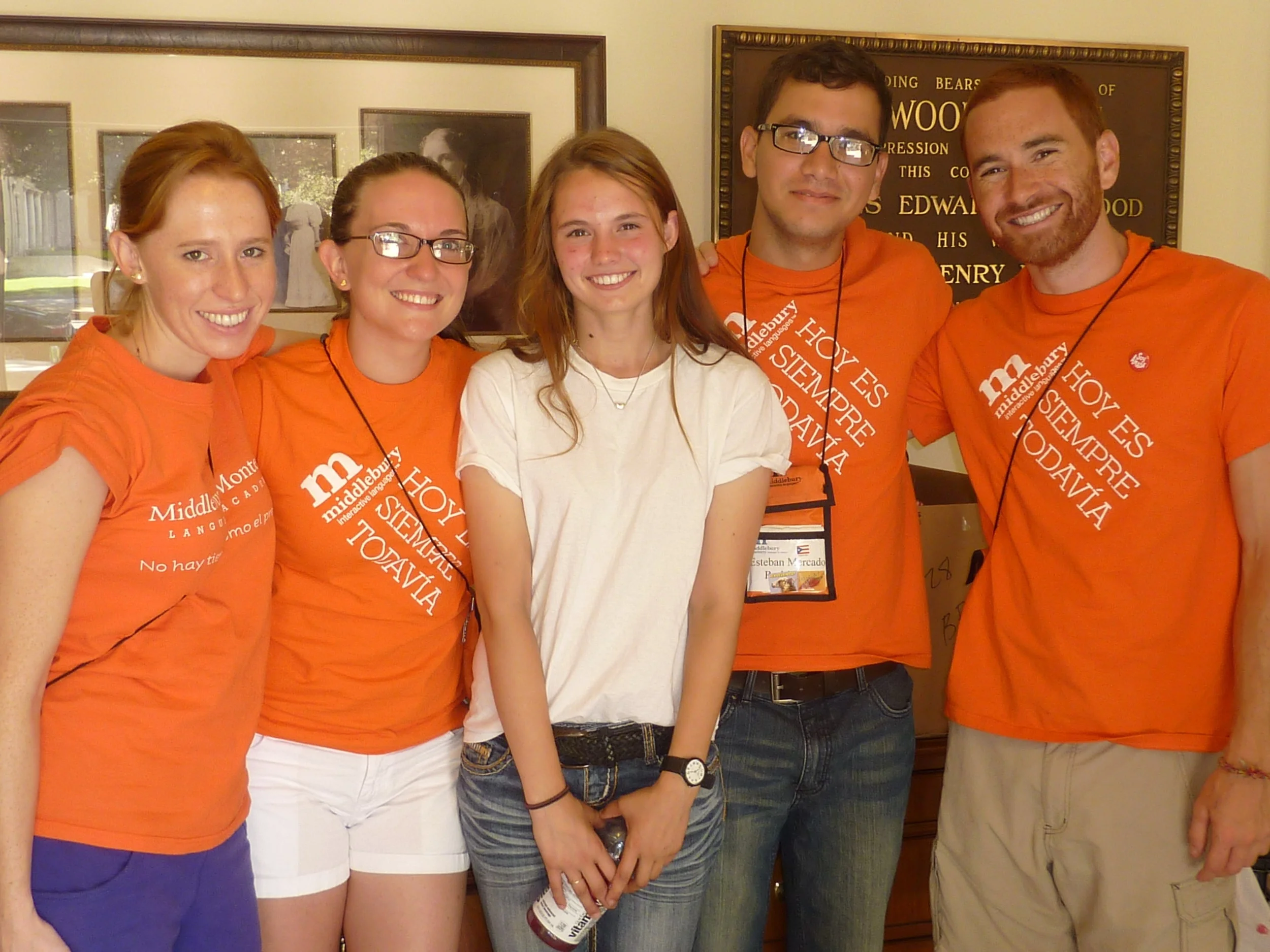Emma has a passion for foreign languages. She spent four summers in three different language immersion programs and finished high school fluent in Spanish and French.
Jacob’s interest in the Humanities led him to a program in Scotland....while studying British History, he also explored a historic town and lived with students from around the world.
Nadine does not have a focus in a specific subject but wanted to learn more about global issues and have the experience of living away from home prior to college. She attended an enrichment program at an university.
Kevin knows he wants to further his study in math and science but wanted to stay close to home. He chose a local program with an engineering focus.
Amanda wanted to explore another way of life. She went on a student trip to Vietnam and as part of her trip lived with a local family.
Dan’s goals were to increase his photography skills. He joined a specialized photography program to explore a new part of the world, practice his craft and create work for his developing portfolio.
Although the teens described above have different interests, they all attended an academic enrichment or meaningful travel program during the summer....i.e. they went on a “Smart Journey.”
As you read this post, some of you may say “my middle/high school student has enough pressure and homework during the school year, why would I have them spend part of their summer focused on anything academic or put them in what could be an uncomfortable situation?!”
Now consider why a “Smart Summer Journey” should be of interest
:Meaningful Engagement is Relaxing
As Elizabeth Wissner-Gross states in the book What High Schools Don’t Tell You, “Many parents wrongly equate decompressing with sitting idly….but sometimes the structure of either an organized program or scheduled plan of activities can be far more relaxing and fulfilling than whiling away time or simply “hanging out.” Thus, teens can “relax” by exploring an existing interest in-depth without the pressure of grades. They can focus on the joy of learning and may gain an edge in developing an area of expertise. Conversely, they may develop a new interest or be exposed to different cultures and traditions.
Living Independently is Good Practice
Students who live away from home have the opportunity to develop independence and resilience. This may also increase their confidence and leadership skills. Thus, when they go to college, they can focus on academics and co-curricular activities. They will have had experience in living independently among their peers.
Peer Influence Is Significant
The majority of students who elect to attend summer enrichment programs are focused and ambitious. In addition, many programs require an essay, transcript and/or a teacher recommendation. It is always a benefit to keep company with students who value learning and education.
A “Demonstrated Interest” is Attractive
I’ve heard several admission officers state “I am looking for a well-rounded class, not a well-rounded student.” Admission officers seek out students who have developed an area of expertise and/or have had unique experiences. This makes the class as a whole more interesting. Thus, students who have completed summer enrichment courses may have an edge in college admissions.
